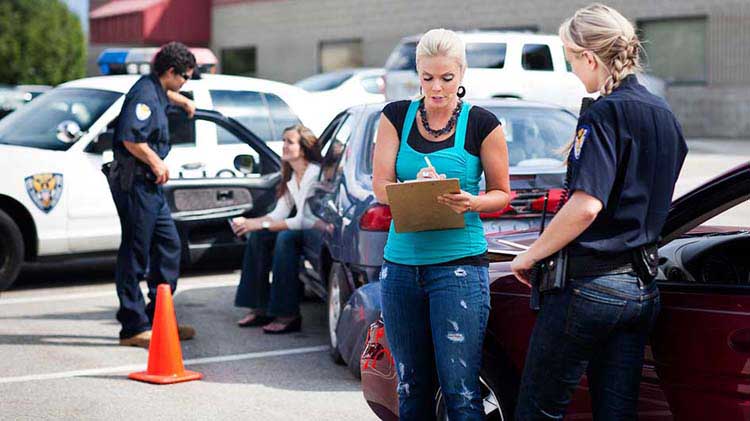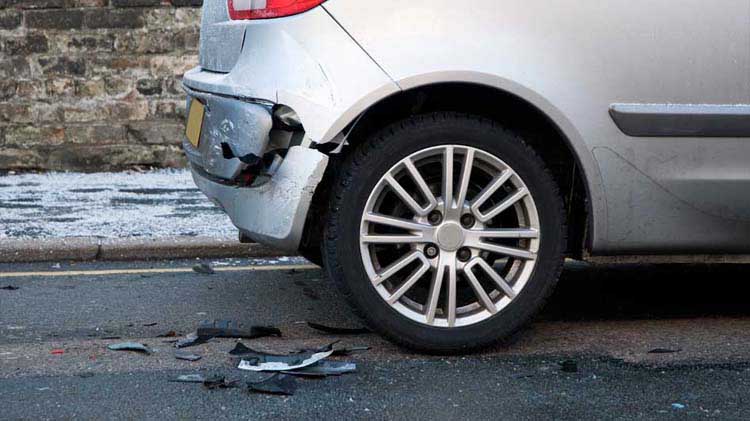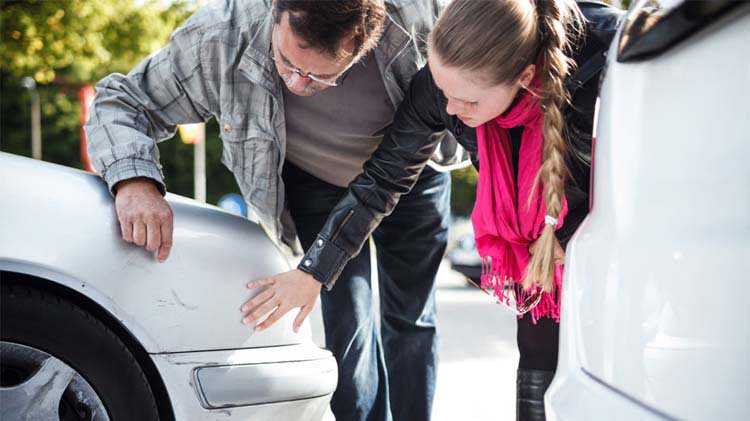Cost of car insurance fraud
Car insurance fraud is costing us all. Look out for common types and learn how to help combat the issue.
What is auto insurance fraud?
Insurance fraud occurs when someone intentionally provides false information to an insurance company for money the person is not entitled to receive. Car insurance fraud is illegal in all states and can be committed by those who are insured or criminals committing scams or theft. This type of fraud varies from soft fraud such as not reporting all of the drivers on a policy to hard fraud when an auto accident is staged.
Fraud is a major issue for all types of insurance, costing Americans billions of dollars each year. And when it comes to car insurance fraud, it's not only costing drivers money, it's putting them at risk on the road.
How fraud affects an individual
According to the Insurance Information Institute (III), auto insurance fraud costs insurers billions each year. Customers and policyholders end up absorbing a lot of the cost, which may amount to an increase of your personal car insurance premium. Additionally, schemes that involve staged car accidents or fake crashes put other drivers and their passengers at risk on the road.
Types of car insurance fraud
Here are a few of the most common types of car insurance fraud:
- Injury fraud. This type is either through staged car accidents or fraudulent claims leading to payments for unnecessary medical treatment or treatment not actually received.
- Exaggerated claims damages. This type involves increasing the amount of the claim in order to cover the deductible.
- False registration or documentation. This type involves registering a vehicle in a place where premiums are lower, understating annual mileage or misrepresenting the use of a commercial vehicle.
- Counterfeit airbags. Less expensive counterfeit airbags are installed by unscrupulous auto repair shops which receive reimbursement from insurance companies as if they are legitimate airbags. Counterfeit airbags can be dangerous and can result in injury or death to vehicle occupants.
- False reports of stolen vehicles. This includes inflating and misrepresenting values of stolen vehicles. It can also include reporting a vehicle as stolen when it has not actually been stolen.
What happens if you commit car insurance fraud?
The consequences of fraud vary by the offense committed. They range from your claim being denied, your policy being canceled, fines being incurred or jail time. When you file a claim with an insurance company, a vast amount of information is requested about the incident. This may include photos, police reports, diagrams and any repair bills or medical bills.
Some insurance companies use technology to help identify fraud or suspicious patterns and the claim may be flagged and sent to a special investigations unit or department. A more in-depth investigation may take place.
Help fight car insurance fraud
State Farm® supports movements and partnerships to help reduce car insurance fraud and educate the public about its impacts. Individuals also play a vital role in fighting and rejecting participation in fraud. Here are a few things you can do:
- Understand your rights and responsibilities in your insurance policy, and contact your State Farm insurance agent with any questions.
- Fill out and carefully check your insurance application forms for mistakes.
- If you are involved in an accident, make a detailed record of all persons involved, and take pictures at the scene.
- Refuse to sign any documents or agree to any terms at the site of an accident.
- Don't tailgate – this gives criminals a chance to take advantage of you.
- If you are injured and require medical treatment, seek treatment from a trusted medical professional.
- Call the local police if you suspect car insurance fraud.




